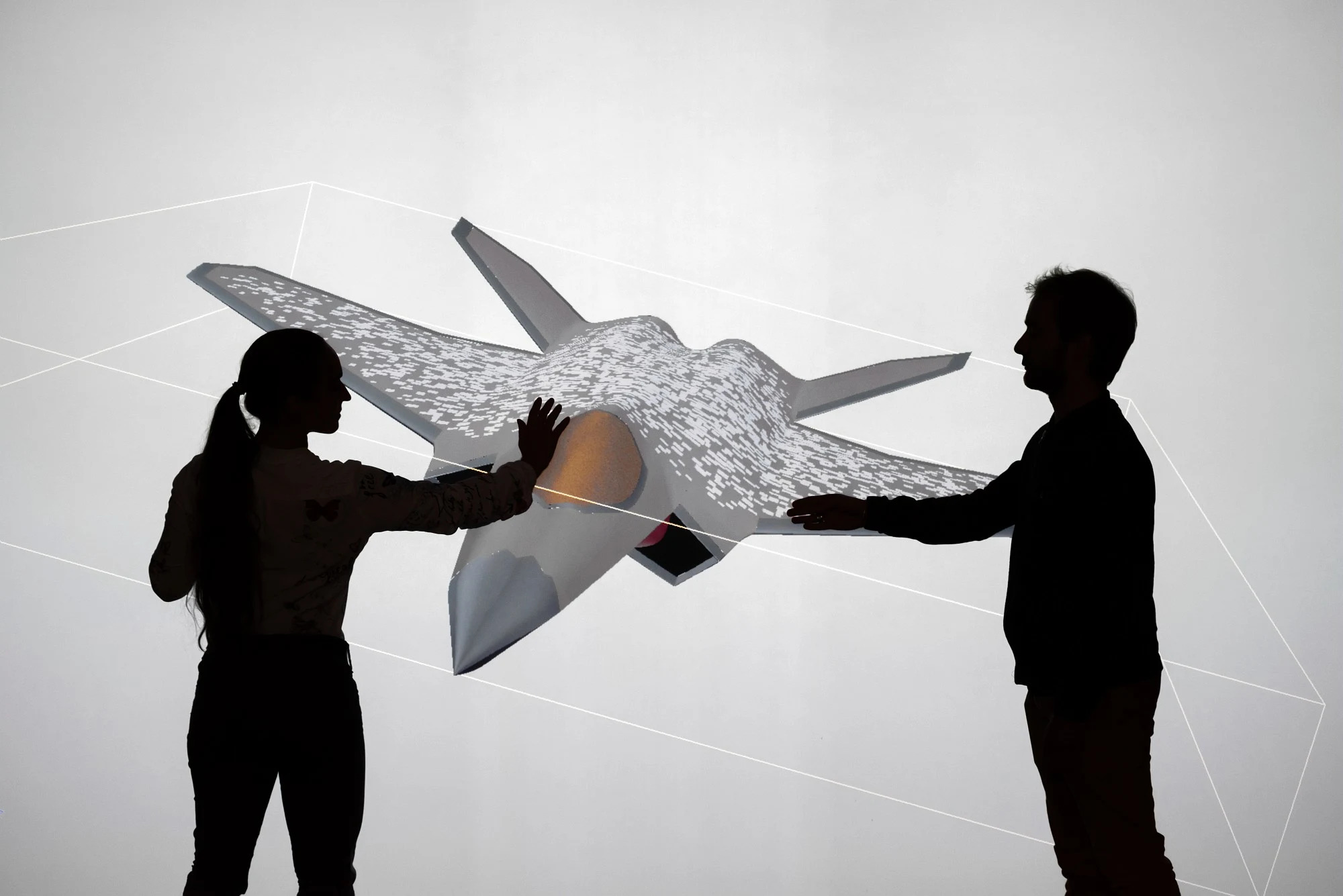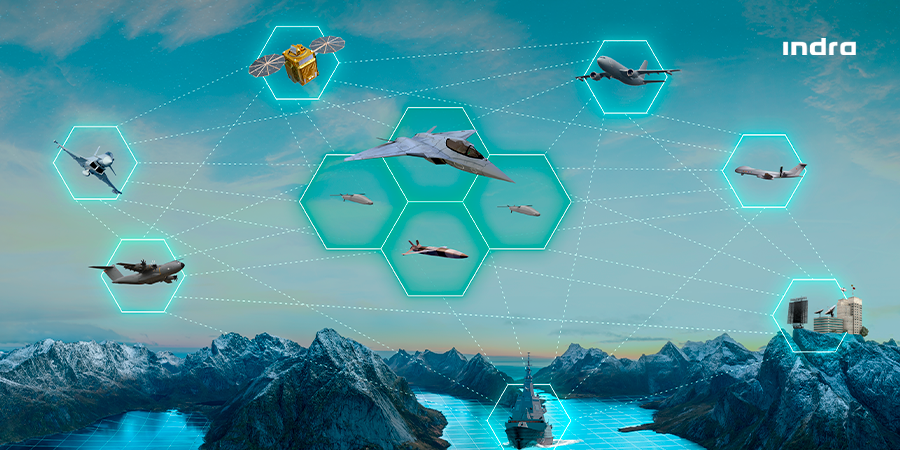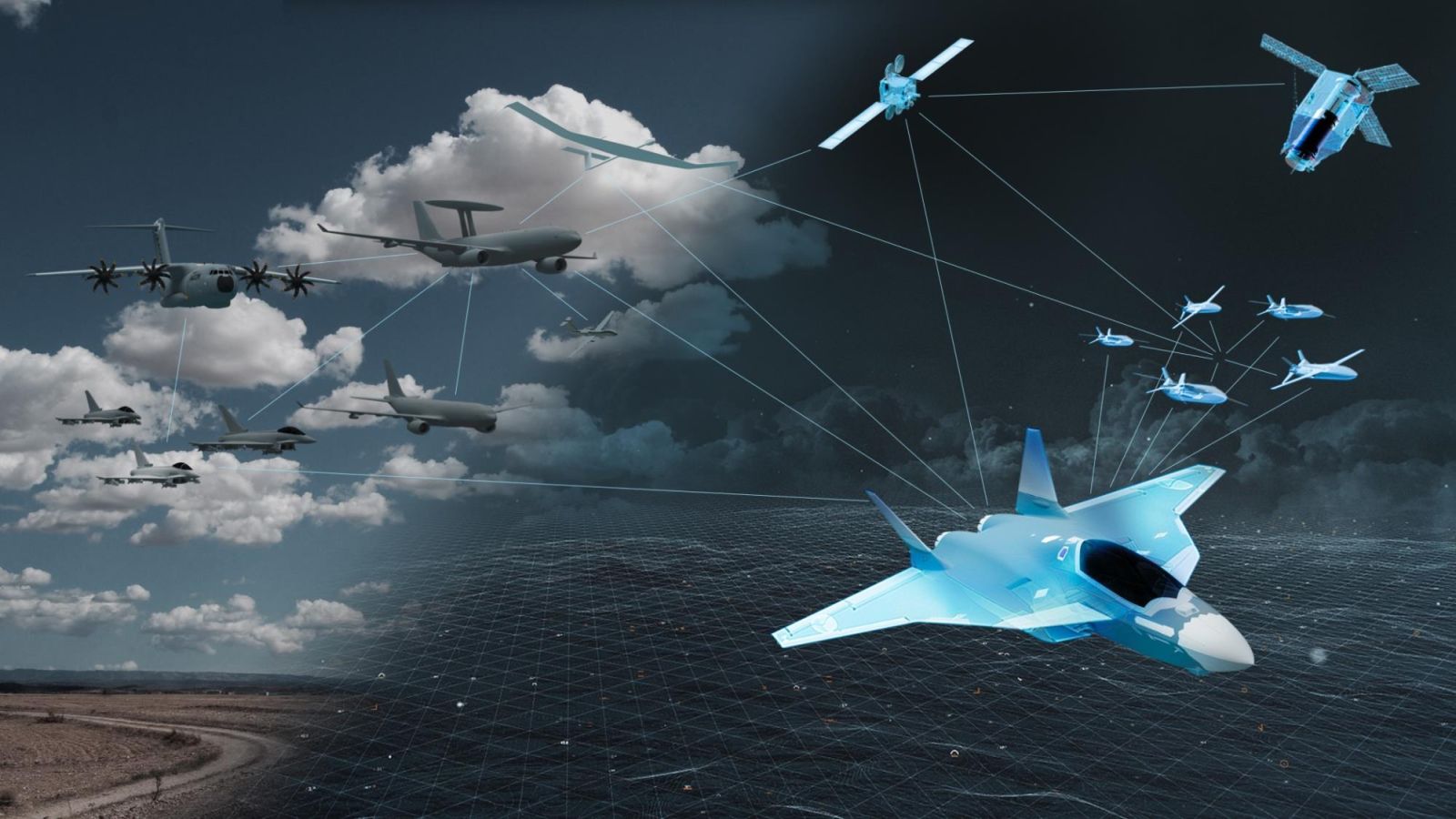


Airbus SE, Indra Sistemas SA, Dassault Aviation SA and Eumet GmbH said on Friday that they and their industry partners have been awarded a 3.2 billion euro ($3.40 billion) defense contract by the French General Directorate for Armament on behalf of the governments of France, Spain and Germany to continue working on Europe's Future Combat Air System (FCAS).
This contract notification comes on the heels of the signature of the industrial agreements supporting the demonstrator Phase 1B by Airbus, Dassault Aviation Indra and EUMET as prime contractors of the programme and by their industrial partners from the three nations.
Discussions held over the last months have enabled the creation of a solid basis for cooperation between industry and the three governments.

In the field of intelligent electronic warfare, there is a competition between measures to locate an air target and countermeasures to protect the aircraft from detection.
The Demonstrator Phase 1B contract will cover demonstration work of the new combat system and its components for a duration of about three and half years, the aviation and defense companies said in a joint statement.
The air combat of the future will be more complex than ever: fighter jets, manned or unmanned, will be controlled by computers and drones, armed or unarmed, will operate autonomously. With these changes, the armed forces must continue to be able to guarantee military action and assert national security interests.
Phase 1B is designed to enable the development phase of the FCAS and will build on designs and technologies ahead of in-flight demonstrations by 2028 and 2029, the companies said.
The FCAS is intended to be Europe's next-generation integrated defense system. It encompasses the development of future fighters, unmanned planes and combat cloud systems.
The programme is made up of a set of systems: New Generation Fighters teaming with Remote Carriers and connected through a Combat Cloud. In order to meet the ambitions and challenges of such a programme, an adapted and efficient industrial organisation has been set-up and built around technological pillars.

The New Generation Fighter will be manned - or optionally unmanned - and equipped with more advanced weapons. There are also a number of unmanned systems, the so-called remote carriers. These components are connected to each other in a system network by a combat cloud and integrated into the FCAS.
Each pillar is under the leadership of an industrial champion acting as prime, working in close cooperation with its main partners and leveraging each nation’s aeronautical industrial ecosystems.
In addition to their prime role per pillar, Airbus, Dassault Aviation and Indra act as national coordinators to ensure the overall coherence of the demonstrators and the overall programme’s steering and work consolidation.
The industrial governance of the Phase 1B is organised per domain as follows:

On Future Combat Air System (FCAS) , Inspector of the Air Force , Bundeswehr ,Lieutenant General INGO GERHARTZ says ,
"This new sixth generation fighter system is much more than a successor to the Eurofighter and Rafale."
In 2017, the NGWS/FCAS cooperation was initiated by France and Germany under French leadership and Spain joined later in 2019. Its objective lies in the development of a new and interconnected system of systems: the NGWS will be at the center of the systems of European air combat of the 21st century.
The industrial partners thank the three nations for their confidence and reiterate their firm commitment and total mobilisation to make this programme the armed wing of Europe's strategic autonomy thanks to the reinforcement of the operational, technological and industrial sovereignty of its defence.
